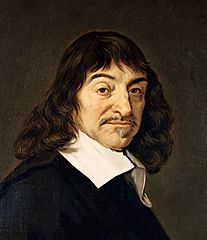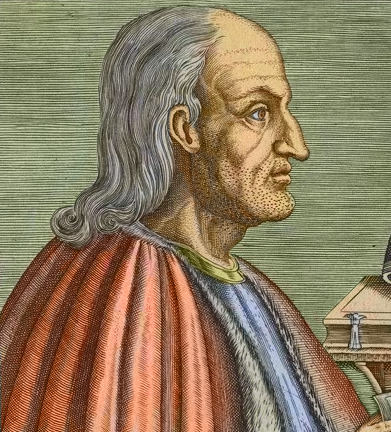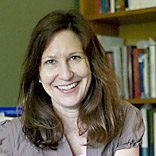
Hector Varela-Rios
Between God and nothingness: shifting meanings of res in Descartes’ Meditations
Tuesday, May 31, 4:30pm
By closely tracing the varied conditions placed on the concept res throughout the Meditations, one can make a parallel framework of one of its main arguments: ‘Ego sum, ego existo’. To wit: Descartes starts by doubting things in general, then allowing the possibility of certain things (or certainty in/through things), continues by looking for the essence of things, and ends arguing for their existence. Interestingly enough, this existence is based on the facticity of the body, Descartes’ own body. Could he have been referring to his body’s ‘thingness’ (as constituted by all the conditions he uses), furtively but all along, as basis for ‘Ego sum, ego existo’? We will explore this together.


